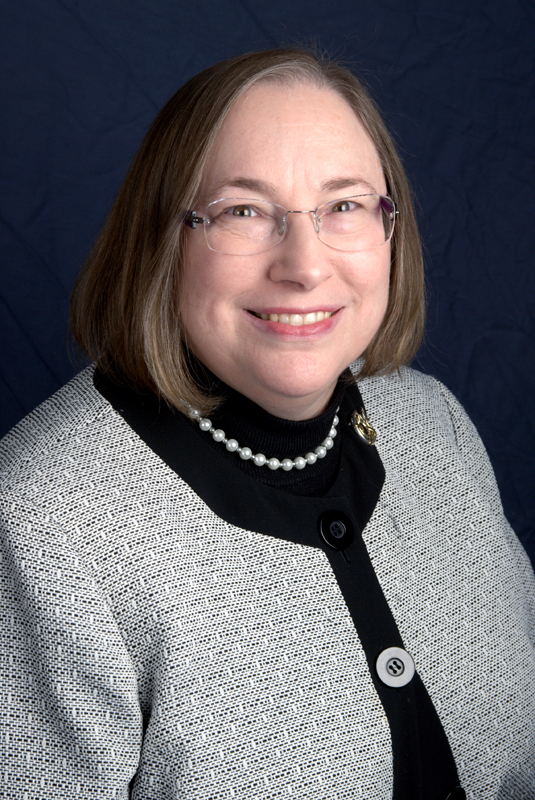Several years ago, I did an interview for Jewish Women International (JWI) (To Remember the Enslaved of Our Time) related to Passover and social justice. Having recently stumbled upon it again, I think many of the sentiments I expressed continue to ring true. Working for a Jewish women’s organization, many of my meetings and conference calls this week devolve into conversations about recipes, preparations, and excitement over the family and friends who will be around the Seder table. Jewish women really take to heart the mandate to ‘let all who are hungry come and eat.’ How wonderful would it be if we prepared to fulfill the social justice mandate of the Seder to the same degree we prepared the logistical arrangements? Of course, the overall themes of Passover are slavery, freedom, and redemption. If we were to make that message relevant to today, how would we prepare? Our recipes might include caring for the strangers in our midst – the weak and the vulnerable, outsiders, neglected souls, newcomers. We might become engaged on advocacy for immigrants and refugees around the world; we might consider the scourge of human trafficking within our very own communities; or we might work to ameliorate the suffering of victims of domestic violence who are enslaved in their own households. If we extended that powerful message to “let all who are hungry come and eat” to those beyond our tables, how would we prepare for all those who are hungry? Can we open our doors to more than Elijah? Can we make room for the 47 million Americans living in poverty and make sure they have enough to eat, clothes on their backs and a roof over their heads? Is there room around our tables and in our hearts for them? Rabbis for Human Rights – North America suggests adding a tomato to the Seder table this year as a reminder of the virtual servitude of farm workers who helped put the food on our tables – and the Coalition of Immokalee Workers, which fights for their rights to a few additional pennies for the bushels they pick. As I said in that earlier interview, we always have to balance these universal themes with our own particular stories of slavery and wandering, redemption and celebration. To quote myself, “Universalizing that experience and taking that very personal Jewish [historical] experience as a lesson… is part of our ancient prophetic tradition, part of who we are as Jews.” Making Passover relevant for today is about so much more than an orange on the Seder plate.
Related Posts

Continuing to Educate and Empower People Together

My Challah-Making Experience


